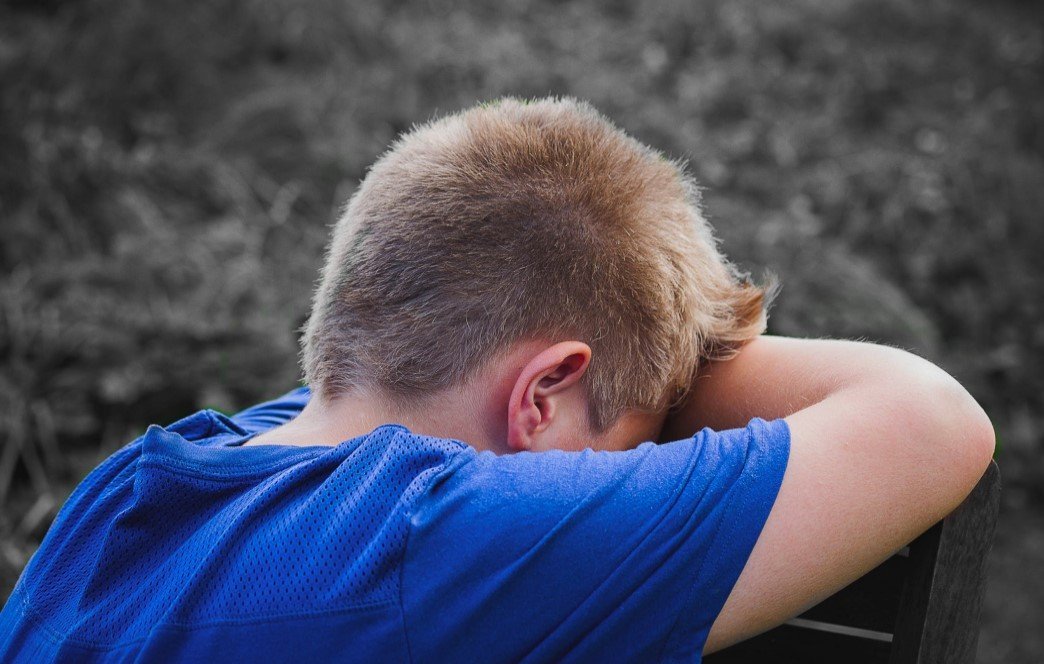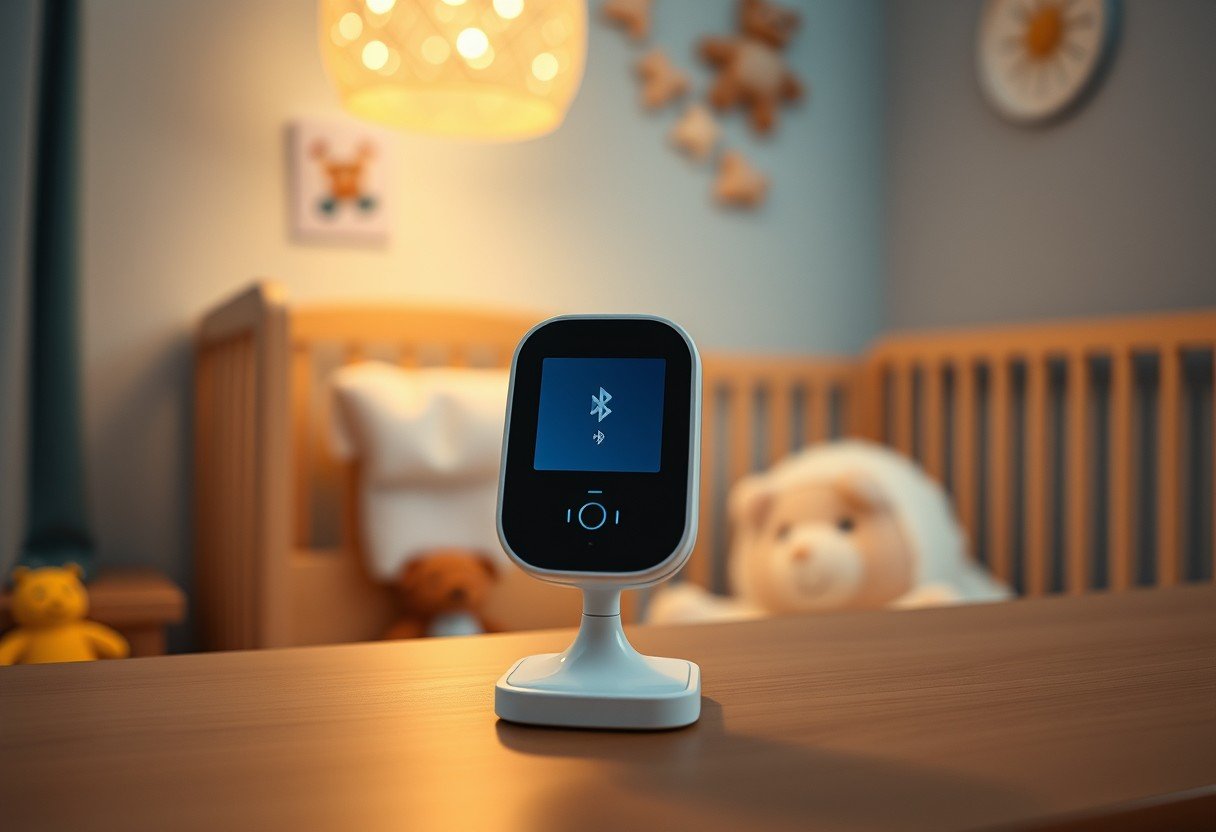Discovering that your child might be suffering from depression can be a deeply concerning and confusing time for any parent. It’s a condition often associated with adults, but millions of children and adolescents also face this struggle. The good news is that with the right knowledge and support, you can be your child’s most powerful ally. This guide will walk you through practical and compassionate ways to help your child navigate their mental health journey.
Recognizing the Signs of Depression in a Child
While some symptoms of depression in children overlap with those in adults, others can look quite different. A child may not say “I feel depressed.” Instead, their depression might manifest as constant irritability, anger, or boredom. They might lose interest in playing with friends or their favorite toys.
It’s crucial to distinguish between normal childhood moodiness and the persistent symptoms of depression. While sadness is a temporary emotion, depression is a mood disorder that affects a child’s ability to function day to day. Pay attention to changes in behavior that last for more than two weeks.
Here is a simple breakdown of how symptoms can differ:
| Symptom | Common in Adults | Common in Children |
|---|---|---|
| Mood | Sadness, emptiness | Irritability, anger, boredom |
| Behavior | Social withdrawal | Refusal to go to school, clinginess |
| Physical Complaints | General fatigue | Frequent stomachaches or headaches |
Understanding these differences is the first step toward getting your child the help they need.
The First Step: Seeking a Professional Diagnosis
If you suspect your child is depressed, self-diagnosing can be risky. Many other conditions, from nutritional deficiencies to other mental health issues, can mimic the symptoms of depression. That’s why consulting a professional is non-negotiable.
Schedule an appointment with your child’s pediatrician or a mental health specialist, such as a child psychologist or psychiatrist. They are trained to evaluate your child’s symptoms in the context of their overall development. A proper diagnosis provides a clear path forward and ensures your child receives the most appropriate care.
The diagnostic process may involve:
- A physical exam to rule out other medical causes.
- Interviews with you and your child (both together and separately).
- Questionnaires or standardized screening tools.
This step is not about labeling your child; it’s about understanding what’s happening so you can effectively help them.
How to Talk to Your Child About Depression
Many parents worry about finding the right words. The key is to be open, honest, and reassuring. Don’t keep your child in the dark. Explain what depression is in simple, age-appropriate terms they can understand. You might say it’s like a sickness of feelings that makes everything feel hard, but it’s not their fault and it can get better.
Reassure them that they are not alone and that you will get through this together. Create a safe space where they feel comfortable sharing their feelings without fear of judgment. Avoid dismissing their concerns, even if they seem small to you.
Supporting Your Child’s Treatment Plan
Once a diagnosis is made, a professional will recommend a treatment plan. This often involves therapy, and in some cases, medication. Your role as a parent is to support this plan actively. Be transparent with your child about why they are going to therapy or taking medicine.
Explain that a therapist is like a “feelings doctor” who can teach them skills to manage their sadness or anger. If medication is prescribed, explain that it can help their brain work better so they can start to feel more like themselves again. Consistency is key, so ensure they attend all therapy appointments and take medication as directed.
Creating a Healthy and Supportive Home Environment
While professional treatment is vital, a child’s home life plays a massive role in their recovery. You can make a significant impact by focusing on a healthy lifestyle. This isn’t a cure, but it provides a strong foundation for their mental well-being.
Encourage a balanced diet with plenty of fruits, vegetables, and whole grains, while limiting processed foods and sugar. Promote regular physical activity, whether it’s playing at the park, riding bikes, or joining a sports team. Exercise is a proven mood booster for people of all ages.
The Importance of Good Sleep Habits
Sleep and mental health are deeply connected. Depression can cause sleep problems, and a lack of sleep can make depression worse. It’s a difficult cycle to break, but establishing a healthy sleep routine is essential.
Make sure your child has a consistent bedtime and wake-up time, even on weekends. Create a relaxing bedtime routine, such as reading a book or taking a warm bath. It’s also important to limit screen time, especially in the hour or two before bed, as the blue light can interfere with sleep.
Working with Your Child’s School
Depression can make it difficult for a child to focus, learn, and socialize at school. It is important to communicate with their teachers, school counselor, and administrators. They can be valuable partners in your child’s support system.
Informing the school allows them to make necessary accommodations. This might include giving your child extra time for assignments, providing a quiet space to work, or creating a plan for them to see the school counselor when they feel overwhelmed. Working as a team ensures your child is supported in all areas of their life.
Frequently Asked Questions about Childhood Depression
What is the difference between normal sadness and depression in a child?
Sadness is a normal, temporary emotion that usually has a specific cause. Depression is a persistent mental health condition with symptoms like irritability, loss of interest, and changes in sleep or appetite that last for at least two weeks and interfere with daily life.
Can a child’s diet really help with their depression?
While diet alone cannot cure depression, it plays a supportive role. A balanced, nutritious diet can improve mood and energy levels, whereas diets high in processed foods and sugar have been linked to worsening symptoms of depression.
At what age can a child be diagnosed with depression?
Depression can be diagnosed in children as young as three years old, although it is more common in older children and adolescents. The symptoms may look different in younger children, often appearing as physical complaints or irritability rather than sadness.
Should I tell my child they have depression?
Yes, it’s generally best to be honest with your child in an age-appropriate way. Explaining that they have a real illness called depression can help them understand their feelings, reduce self-blame, and feel more in control as they participate in their treatment.
What is the most important thing I can do for my depressed child?
One of the most important things you can do is listen without judgment and validate their feelings. Letting them know you love them unconditionally and are there for them no matter what provides a crucial foundation of security and support during a difficult time.








Leave a Comment